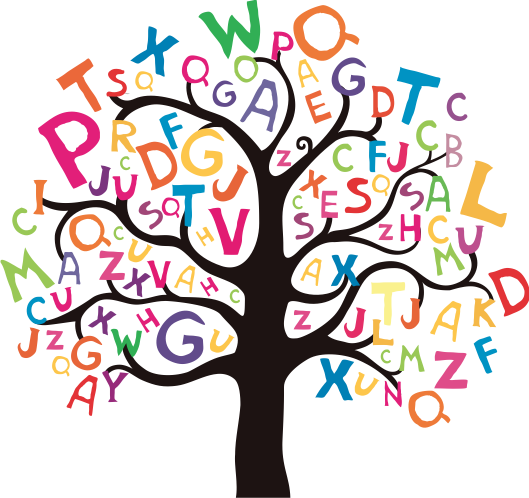How can I help my child with spelling?

Why spelling matters
Spelling plays an important role in helping children communicate clearly and confidently in writing. Learning how words are constructed and connected deepens understanding of vocabulary and supports reading development. As children begin to notice links between words, such as shared roots, prefixes or endings, they build a strong foundation for future learning.
Helpful routines
Short, regular practice is often more effective than occasional longer sessions. Five to ten minutes of focused practice can help children remember spelling patterns more securely. Spelling can also be woven naturally into everyday life: writing labels, notes or messages encourages children to think about how words are formed. A quiet, calm space supports focus, and encouraging curiosity about words, where they come from and how they are related, helps children engage more deeply.
Practical spelling strategies
Children benefit from learning and practising a range of strategies. Some families find it helpful to explore several approaches and allow children to choose which works best for them.
Helpful strategies include:
- Look–say–cover–write–check
- Breaking words into parts or syllables
e.g. won-der-ful, ex-tra-or-din-ary
- Spotting spelling patterns or word families
e.g. sign, signal, design
endings such as -ing, -ed, -tion
- Saying a word as it is spelt
e.g. Wed-nes-day, bus-i-ness
- Colour-coding tricky sections to remember them
- Using mnemonics
e.g. because = Big Elephants Can Always Understand Small Elephants
- Making spelling active and multi-sensory
magnetic letters, chalk, whiteboards, sand trays
- Revisiting words over time rather than practising once
spaced practice supports long-term learning
These strategies help children approach unfamiliar words more confidently and build a flexible toolkit that they can draw on independently.
Games and fun ideas
Many spelling skills can be reinforced through play. Word-based games such as Hangman, word ladders, Boggle or Scrabble build knowledge of patterns in an enjoyable way. Children might create their own word searches or matching games, or take part in a spelling treasure hunt at home. These activities encourage children to explore words without pressure, helping them see spelling as something to enjoy.
Talking about spelling
Talking together can help children think more deeply about language. Questions such as “What do you notice about this word?” or “Do you know any other words like it?” encourage children to look for similarities and patterns. Discussing which part of a word is tricky and how it might be remembered promotes active problem-solving. These conversations help children develop a thoughtful approach to spelling, rather than learning purely by memorisation.
How school supports spelling
In school, children are taught how words are built, including common spelling patterns, rules, prefixes, suffixes and root words. Vocabulary is developed across subjects so that children encounter new language in meaningful contexts. Teachers revisit spelling over time to strengthen retention and provide children with a range of supportive tools such as word banks, dictionaries and display prompts.
Building independence and mindset
As children become more confident, they learn to try spelling unfamiliar words before asking for help. Encouraging them to use familiar tools , such as word banks or dictionaries , and to check their writing regularly supports independence. Focusing on patterns and gradual improvement helps children see spelling as a process, and reassures them that mistakes are a normal part of learning.
Useful links


